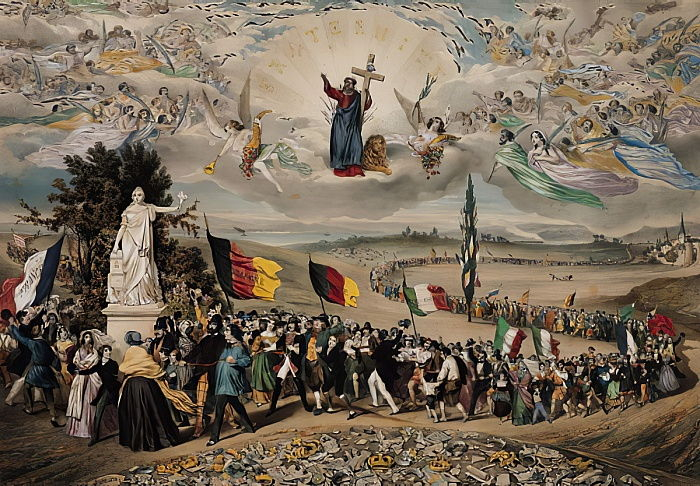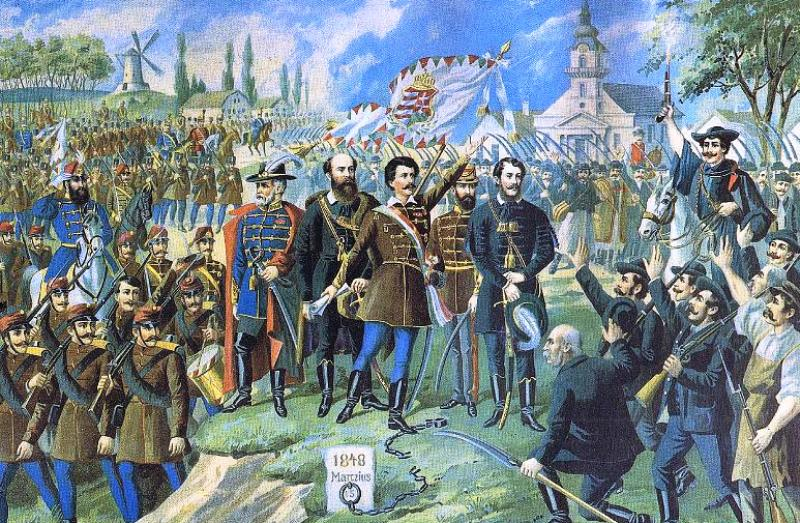The Rise of Modern Nationalism
France was divided into many regions and ruled by various kings prior to the French Revolution. Only the kings should be followed and obeyed, according to the French. The French Revolution and Napoleon's conquests were able to instill national pride in the population. Earlier loyalty to local authorities and royalty was replaced by pride and a sense of national identity. Napoleon's conquests and the French Revolution sparked a significant rise in nationalism and nationalistic feelings throughout Europe and the world, leading to the unification of Italy and Germany. With the French Army's struggle against other European powers in the 1790s, French nationalism reached its pinnacle.
Nationalism is a political ideology that stresses a nation's loyalty, dedication, or allegiance over other individual or group interests. The French Revolution sparked the modern nation-state movement and was instrumental in the emergence of nationalism throughout Europe. There were two sorts of nationalism: civic and ethnic. The first, which began with the French Revolution, was founded on common goals and beliefs, but the second was founded on ethnicity.
Nationalism was the motivating force behind the state's transformation. Nationalism was a declaration of independence from the monarchy and the Catholic Church. As a result, the struggle for national freedom became one of the most important themes in European and global politics in the nineteenth and twentieth centuries.












